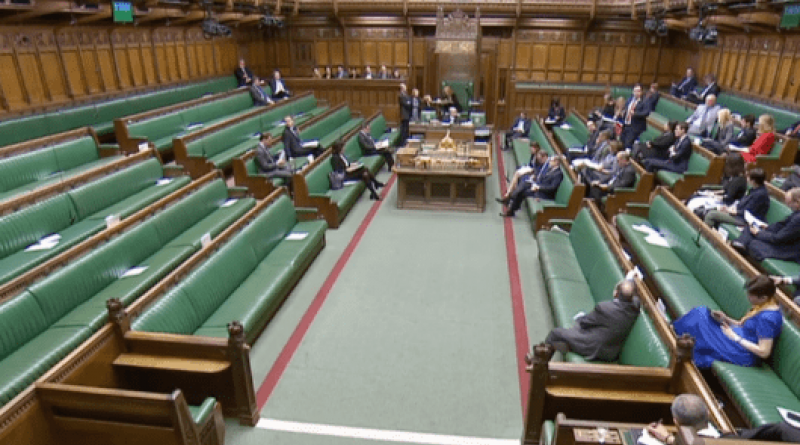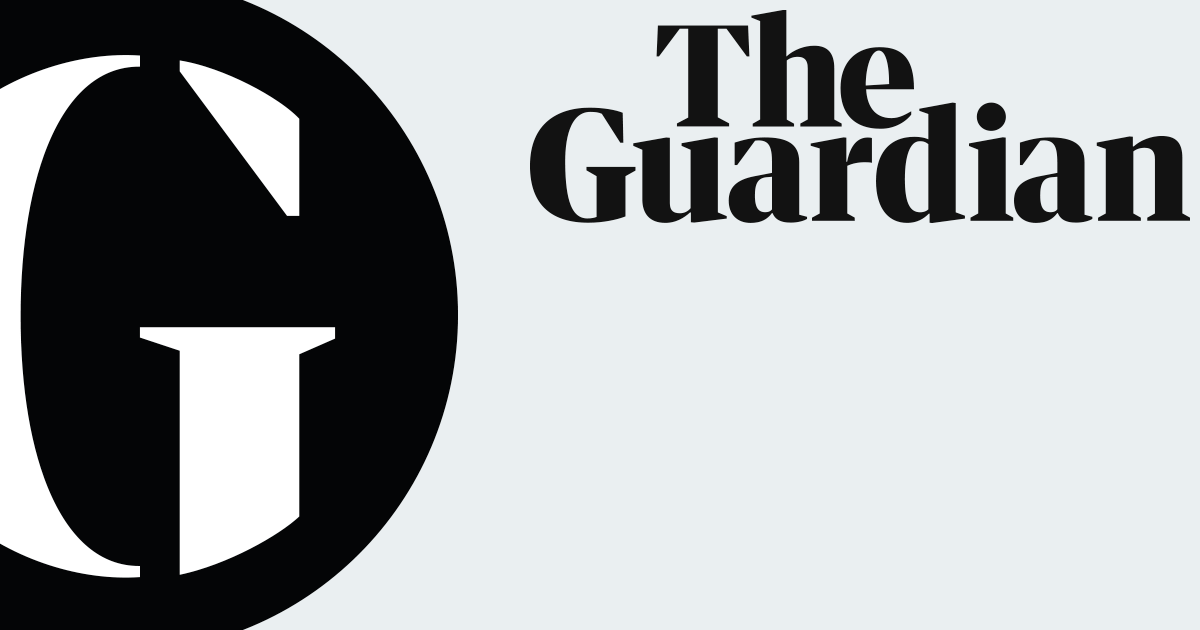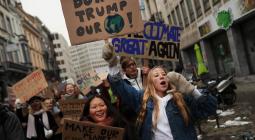MPs debate climate after school strike – but only a handful turn up.

Government benches mostly empty for debate inspired by schoolchildren’s climate strike
In the week that the UK experienced its hottest ever winter day, just a handful of government MPs attended a debate on climate change in parliament on Thursday.
Layla Moran, the Liberal Democrat MP for Oxford West and Abingdon, said she had secured the discussion after being inspired by the thousands of UK schoolchildren who went on strike over climate change this month and wanted to thank them for forcing MPs into action.
Moran said climate change had not been debated in the main chamber of the House of Commons for two years. She spoke, however, to a chamber where the seats were predominantly empty. At points, as few as 10 MPs sat on government benches, although the opposition side was more occupied. The lacklustre response to the debate from the government was in stark contrast to the condemnation by Downing Street to the thousands of children involved in the strike for climate change, calling it “truancy”.
Mary Creagh, chair of the environmental audit committee, said politicians needed to shape and bend the financial system to invest in a green economy.
“To achieve net zero [carbon emissions] we have to reduce our emissions rapidly and at scale in every area of our economy and our lives,” she said.
Zac Goldsmith, Conservative MP for Richmond Park and North Kingston, said last year’s UN Intergovernmental Panel on Climate Change report – detailing the difference between meeting a 1.5C rise above pre-industrial levels compared with 2C – gave the most alarming picture yet of the impact of climate change.
He said: “If you look at the trends, we are not heading for that apocalyptic 2 degree rise, we are heading something that looks more like 3 degrees, the consequences of which we cannot possibly estimate.”
In light of that, he said “the idea of children missing a few hours of geometry or PE to wake our political system up is somehow the wrong thing to do just seems … absurd”.
Caroline Lucas, the Green MP for Brighton Pavilion, who secured the debate with Moran, said long-term climate targets had to be amended to net zero. She said even after all of the international conferences and pledges, the Earth was still set to warm by 3-4C.
“Time is quickly running out to limit warming even to the 1.5 or 2 degree aspirations of the IPCC. We face a climate emergency … It calls for unprecedented boldness of vision and a new way of thinking.”
We made a choice…
… and we want to tell you about it. We made a choice which means our journalism now reaches record numbers around the world and more than a million people have supported our reporting. We continue to face financial challenges but, unlike many news organisations, we have chosen not to put up a paywall. We want our journalism to remain accessible to all, regardless of where they live or what they can afford.
This is The Guardian’s choice: a model for open, independent journalism – free for those who can’t afford it, supported by those who can. We depend on contributions from our readers. Will you support our choice?
Readers’ support powers our work, safeguarding our essential editorial independence. This means the responsibility of protecting independent journalism is shared, enabling us all to feel empowered to bring about real change in the world. Your support gives Guardian journalists the time, space and freedom to report with tenacity and rigour, to shed light where others won’t. It emboldens us to challenge authority and question the status quo. And by keeping all of our journalism free and open to all, we can foster inclusivity, diversity, make space for debate, inspire conversation – so more people have access to accurate information with integrity at its heart.
Guardian journalism is rooted in facts with a progressive perspective on the world. We are editorially independent, meaning we set our own agenda. Our journalism is free from commercial bias and not influenced by billionaire owners, politicians or shareholders. No one steers our opinion. At a time when there are so few sources of information you can really trust, this is vital as it enables us to give a voice to those less heard, challenge the powerful and hold them to account. Your support means we can keep investigating and exploring the critical issues of our time.
Our model allows people to support us in a way that works for them. Every time a reader like you makes a contribution to The Guardian, no matter how big or small, it goes directly into funding our journalism. But we need to build on this support for the years ahead.
VIDEO: Thousands of UK students strike over climate change
28 February 2019






